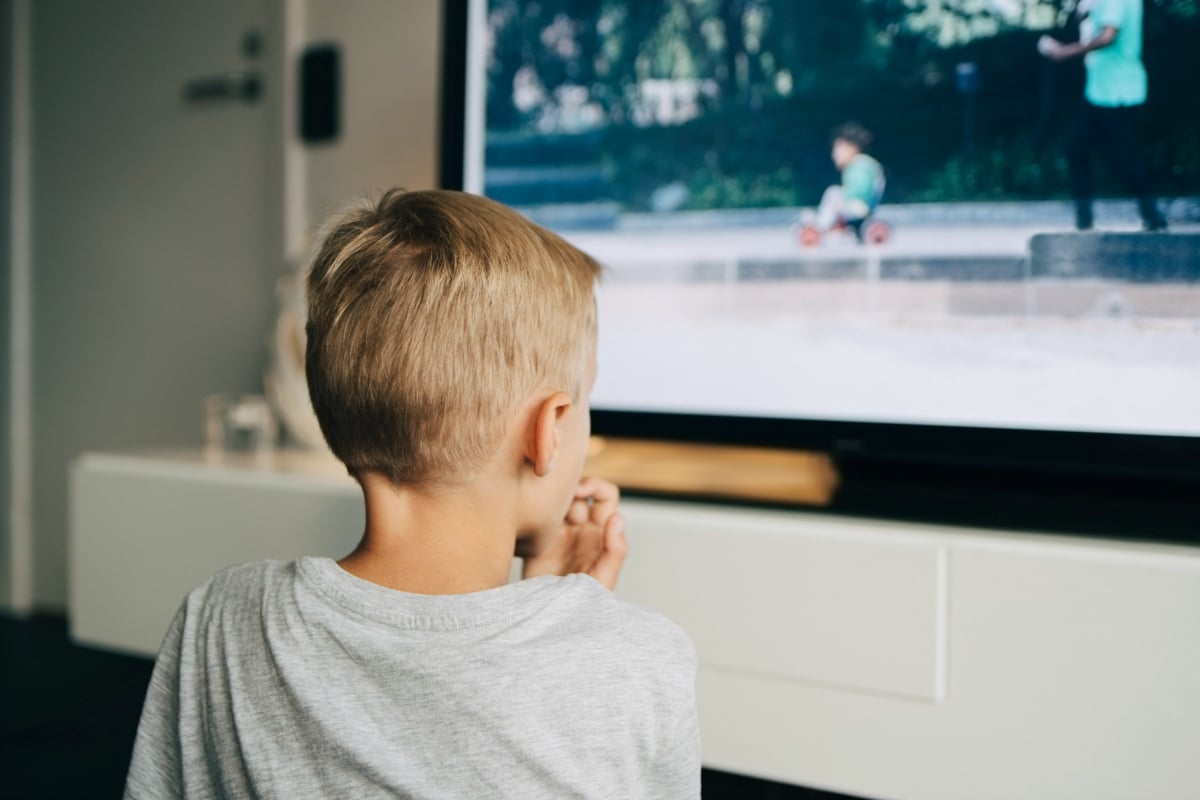
I am a huge fan of news media for reasons of both work and pleasure.
I like to know what is happening across the world from global politics to Kardashian scandals; but it took seeing the news through my eldest son Toby’s eyes to realise it is not always a positive influence.
When he was five-years-old he saw a snippet of the 7.30 report just before bedtime that involved a protest overseas. The angry voices on screen upset and unsettled him and while it was hardly the worst story of the night, it made my husband Jules and I think about the type of media we consumed around him.
I started turning down the car radio when the news came on and making sure he was well and truly in bed (and not hiding in the corridor), before we switched on the television at night. It was a no-brainer.
Toby is now eight years old and in Year Three at school. He is smart with plenty of friends and he is also a very inquisitive reader. Occasionally he will see a news story on my laptop that he questions or he will overhear kids at school talking about something he doesn’t understand.
A couple of weeks ago and perhaps in light of all the recent media around Cardinal Pell and Michael Jackson, he asked me what the word ‘rape’ meant. It took me by complete surprise. I wanted to help him understand the meaning without scaring him. He knew it was a ‘bad word’ but he wanted to understand why.
Jules is a GP and he is far better than I am at the serious questions, but Jules wasn’t home so it was up to me to explain. I kept my cool and told Toby that yes, it was a very bad word, relating to when someone forces themselves onto another person for sex without their agreement.

